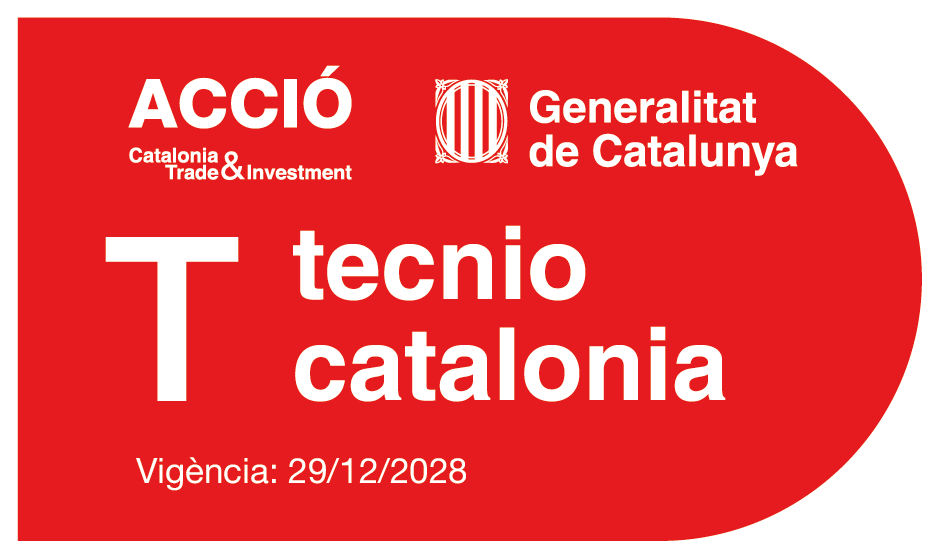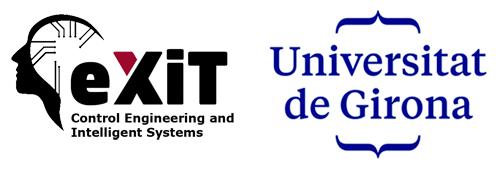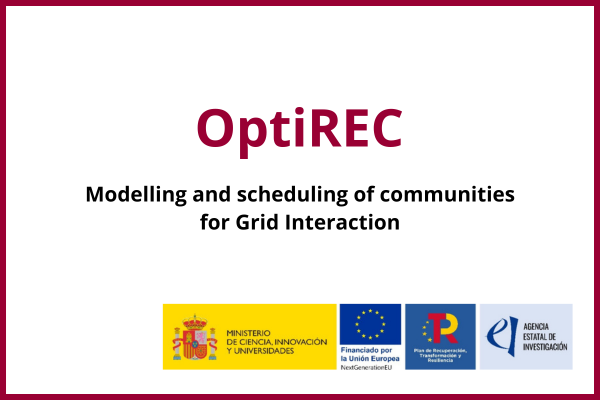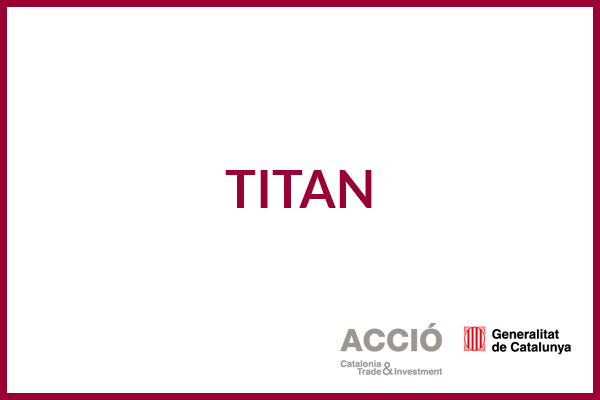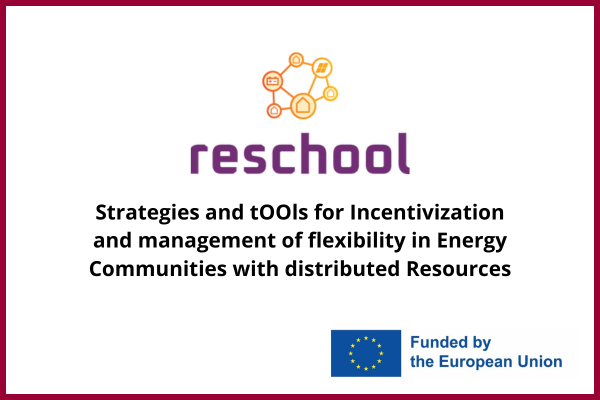
Reference:
Execution:
Web:
Main Researchers:
Center:
Contact:
Telephone:
H2020-LC-SC3-2018-ES-SCC- Grant agreement No 824388
1/12/2018 – 30/11/2022
Joan Colomer
+(34) 972 41 5375
Efficient, reliable and sustainable delivery of energy is critical to the health and welfare of all people. Providing a low-carbon, climate resilient energy supply is a global challenge, which is even more demanding in remote areas. With increasing penetration of renewable energy resources (RES), and high expectations from end-users for energy reliability, connectivity and utilisation of available energy resources needs reconsideration. Thus, technologically smart and economically viable solutions for extending the lifetime of energy infrastructure will be in high demand. Incorporating more distributed RES and storage assets at the edges of the electricity grid, and optimally balancing these assets with other energy vectors, while extending the lifetime of current infrastructures will not only be economically viable, but at the same time decrease the level of carbonisation in local energy systems. E-LAND consortium believes that there are still major challenges in connection to technology, society and economics to overcome. In the E-LAND project, the main objective is to tackle these challenges and support the decarbonisation of energy islands by developing a E-LAND Toolbox for Multi-Energy Islands including tools and methods addressing the business, society and technology challenges. Project is going to implement the toolbox and demonstrate the viability and impact of the tools and methods created in 3 real life pilots in Europe and through simulations with 2 cases in India. Pilots have different geography, demography, sociography and maturity in terms of community and end-user activities, implementation of different energy vectors including storage, amount of renewables in the local energy mix and variety of loads that call for efficient and intelligent management system. To further expand the exploitation of E-LAND results, the Toolbox will be modular and the consortium will develop replication guidelines for utilising the tools in replication sites.
This project has received funding from the European Union’s Horizon 2020 research and innovation programme under grant agreement No 824388
Optimal scheduler for energy consumption reduction in multi-vector energy management systems: A case study at the Port of Borg.
Massana, J., Burgas, L., Colomer, J., Sumper, A., & Herraiz, S. (2024). Optimal scheduler for energy consumption reduction in multi-vector energy management systems: A case study at the Port of Borg. Heliyon, 10(10), e31419–e31419. https://doi.org/10.1016/j.heliyon.2024.e31419
Assessment of electric vehicle charging hub based on stochastic models of user profiles
Cañigueral, M; Burgas, L; Massana, J; Meléndez, J.; & Colomer, J. (2023). Assessment of electric vehicle charging hub based on stochastic models of user profiles. Expert Systems with Applications. 227. 120318. JCR: Q1 | Citations: 5 WoS | DOI: 10.1016/j.eswa.2023.120318
Multi-vector energy management system including scheduling electrolyser, electric vehicle charging station and other assets in a real scenario
J. Massana; Ll. Burgas; S. Herraiz; J. Colomer; C. Pous
Journal of Cleaner Production. Volum: 380, Part 2.
https://doi.org/10.1016/j.jclepro.2022.134996
Day-Ahead Scheduling of Controllable Switches and Energy Storage for Optimal Power Flow Considering Forecast Errors
J. Massana, L. Burgas, J. Colomer, J. Melendez, A. Ferrer.
8th International Congress on Energy Efficiency and Energy Related Materials (ENEFM)
Turkey. 13/10/2022
Definition of Residential Power Load Profiles Clusters Using Machine Learning and Spatial Analysis
Mario Alberto Flor Ambrosi, Sergio Herraiz Jaramillo, Ivan Contreras.
Energies, 2021, vol. 14, núm. 20, p. 6565.
Year: 2021
DOI: https://doi.org/10.3390/en14206565
Multi-vector energy optimization tools for energy islands.
Sanket Puranik, Iliana Ilieva, Joan Colomer, Heidi Tuiskula, Ferran Torrent, Joaquim Meléndez.
IEEE Milan PowerTech, 2019, p. 1-6.
Year: 2019
Link: http://hdl.handle.net/10256/19954
